

Feb 14 2024
Introduction:
While Mahatma Gandhi is primarily known for his role in India’s struggle for independence, his influence extended far beyond the borders of his homeland. Gandhi’s visit to the United States in the early 20th century left an indelible mark on the American consciousness, shaping the civil rights movement and inspiring generations of activists. In this blog, we will explore Gandhi’s journey in the US, his interactions with American leaders and intellectuals, and his lasting impact on the quest for justice and equality.
Gandhi’s First Encounter with America:
Mahatma Gandhi’s first visit to the United States occurred in 1893 when he traveled to attend the Parliament of the World’s Religions in Chicago. Although relatively unknown at the time, Gandhi’s presence and message of peace and harmony resonated with the audience, marking the beginning of his influence in America.
During this visit, Gandhi encountered the works of Henry David Thoreau, particularly his essay on civil disobedience, which would later profoundly influence Gandhi’s own philosophy of nonviolent resistance. Thoreau’s ideas of individual conscience and moral protest resonated with Gandhi’s beliefs, laying the foundation for his future activism.
Influencing American Leaders and Activists:
Gandhi’s principles of nonviolent resistance and civil disobedience gained widespread attention in the United States during the 20th century, particularly during the civil rights movement. Influential leaders such as Martin Luther King Jr. and Cesar Chavez drew inspiration from Gandhi’s teachings and applied them in their own struggles for racial equality and social justice.
Martin Luther King Jr., in particular, was deeply influenced by Gandhi’s philosophy of nonviolence. King saw Gandhi as a role model and adopted his strategies of peaceful protest and civil disobedience in the fight against segregation and discrimination in the United States. King’s adherence to Gandhian principles played a pivotal role in the success of the civil rights movement, culminating in landmark legislation such as the Civil Rights Act of 1964 and the Voting Rights Act of 1965.
Gandhi’s Influence on Intellectual and Cultural Figures:
Beyond political leaders, Gandhi’s ideas also captivated intellectuals, writers, and artists in the United States. Figures such as Henry David Thoreau, Leo Tolstoy, and Albert Einstein expressed admiration for Gandhi’s philosophy of nonviolence and his commitment to social justice.
Thoreau’s essay on civil disobedience, written in the 19th century, laid the groundwork for Gandhi’s own theories of nonviolent resistance. Gandhi famously remarked, “Thoreau was a great writer, philosopher, poet, and withal a most practical man, that is, he taught nothing he was not prepared to practice in himself.”
Similarly, Russian author Leo Tolstoy corresponded with Gandhi, expressing his admiration for Gandhi’s principles of nonviolence and his efforts to bring about social change through peaceful means. Tolstoy’s influence can be seen in Gandhi’s concept of Satyagraha, or truth-force, which emphasized the power of moral persuasion and nonviolent resistance.
Albert Einstein, the renowned physicist, also expressed admiration for Gandhi’s philosophy, describing him as “the greatest political genius of our time.” Einstein saw Gandhi as an exemplar of moral leadership and praised his ability to mobilize masses through nonviolent action.
Legacy and Continuing Relevance:
Mahatma Gandhi’s impact on the United States extends far beyond his lifetime. His philosophy of nonviolence continues to inspire movements for social justice, environmental protection, and peace around the world.
In the current era of social and political upheaval, Gandhi’s message of compassion, empathy, and nonviolent resistance remains as relevant as ever. His legacy serves as a guiding light for those striving to create a more just, equitable, and peaceful world.
Conclusion:
Mahatma Gandhi’s journey in the United States left an enduring legacy that continues to shape American society and influence global movements for social change. From his early encounters with American thinkers to his profound influence on civil rights leaders and intellectuals, Gandhi’s message of nonviolence and moral courage continues to inspire generations of activists and peacemakers. As we reflect on Gandhi’s impact in the United States, let us recommit ourselves to the ideals of justice, equality, and nonviolence that he championed throughout his life.

The principles and values advocated by Mahatma Gandhi are upheld and implemented. These principles revolve around nonviolence (ahimsa), truthfulness (satyagraha), self-reliance, simplicity, and the pursuit of social justice. Here are some key aspects of what might be practiced in a Gandhian society.
GANDHIAN SOCIETY 1412, Oak Tree Road Iselin, New Jersey-08830
(+1) 732 407 5013
info@gandhiansociety.org
Our Maps






 Users Today : 10
Users Today : 10